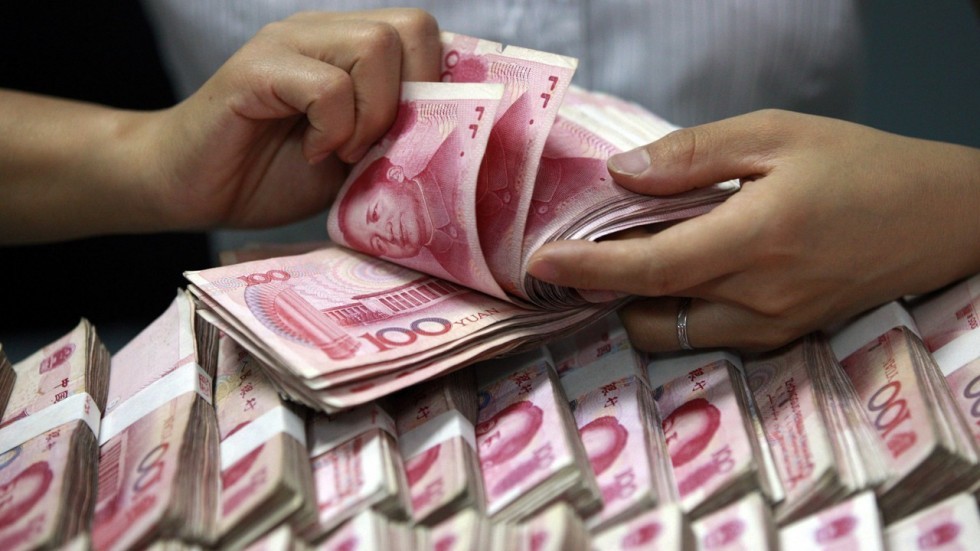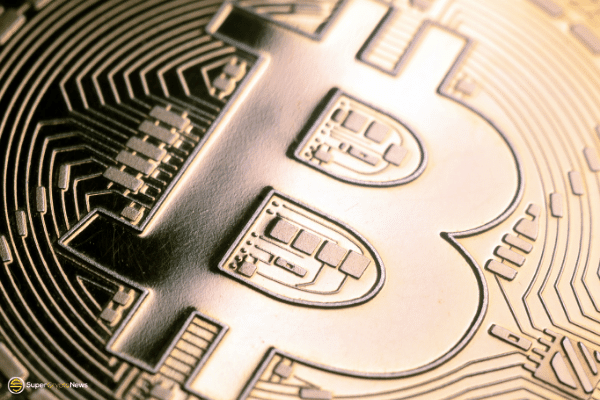
- China’s latest economic data suggesting that it expanded faster than expected in the first quarter needs to be taken with a pound of salt.
- Official data conceded that consumer activity has recently begun to contract as a dogged adherence to a zero-Covid policy continues to take its toll on China’s growth.
In the dying days of the Soviet Union, Communist apparatchiks didn’t even bother to make any attempt to gather real data to report back to their bosses at the politburo, instead just making up everything from industrial production data to raw material inventories.
If an alien landed on earth and looked only at the data of the Soviet Union during the late 1980s, without looking at the streets of its cities, they would have been convinced that the U.S.S.R was the richest country in the whole world and that Communism was a far more superior form of government.
Which is why China’s latest economic data suggesting that it expanded faster than expected in the first quarter needs to be taken with a pound of salt.
Factories, cities and ports under lockdown do not a strong economy make.
Official data conceded that consumer activity has recently begun to contract as a dogged adherence to a zero-Covid policy continues to take its toll on China’s growth.
Despite the potential economic damage, Chinese President Xi Jinping has doubled down on his zero-Covid policies, and forced the bitter medicine of lockdowns on hundreds of millions in cities, towns and villages across the country.
Although Beijing is continuing to target 5.5% growth for this year, it’s as yet unclear what the impact of locking down Shanghai, the country’s financial hub for weeks, will have on the overall economy, or similar restrictions on the manufacturing hub of Shenzhen.
Some economists suggest that the growth reflected momentum in January and February, before the weakening of economic activities in March.
Unemployment in China has risen to 5.8%, its highest level since May 2020, when the pandemic was at its nadir.
Making matters worse, global investors are fleeing from Chinese assets at an alarming clip, over concerns that Beijing’s cozying with Russian President Vladimir Putin may put it at risk of being subject to the same sort of economic backlash that Western allies imposed on Russia.
China’s willingness to lockdown whole cities has also alarmed investors who fear what Beijing could do to foreign investors’ assets should the Communist Party deem it so necessary.
Even blue-chip Chinese companies are being shunned by global investors, despite attractive valuations.



